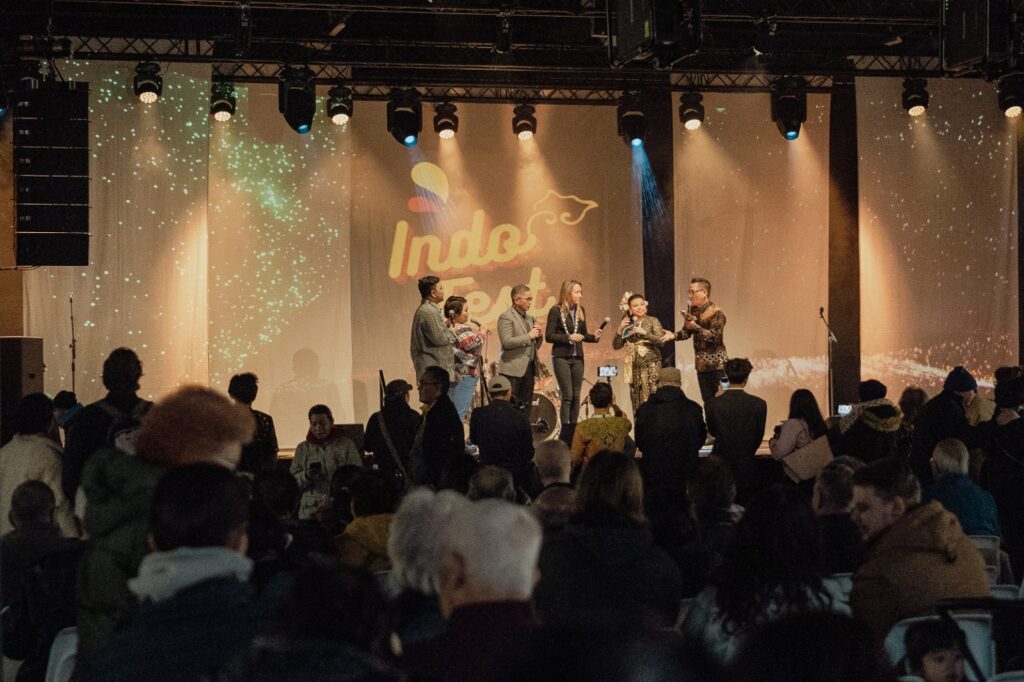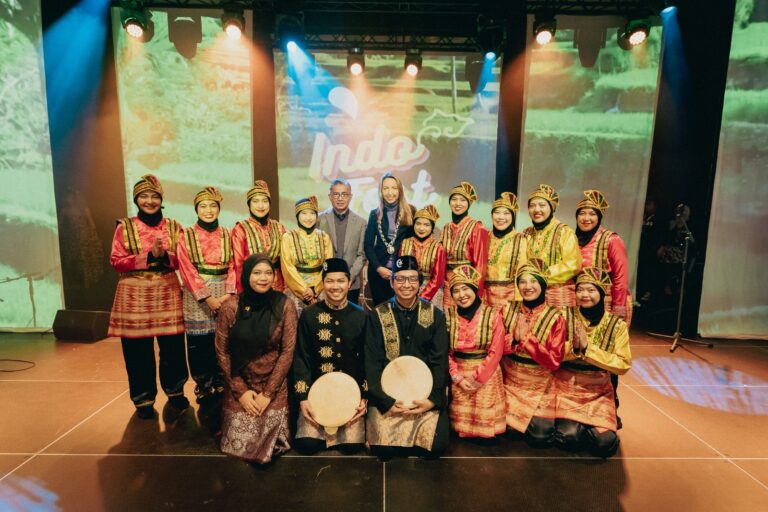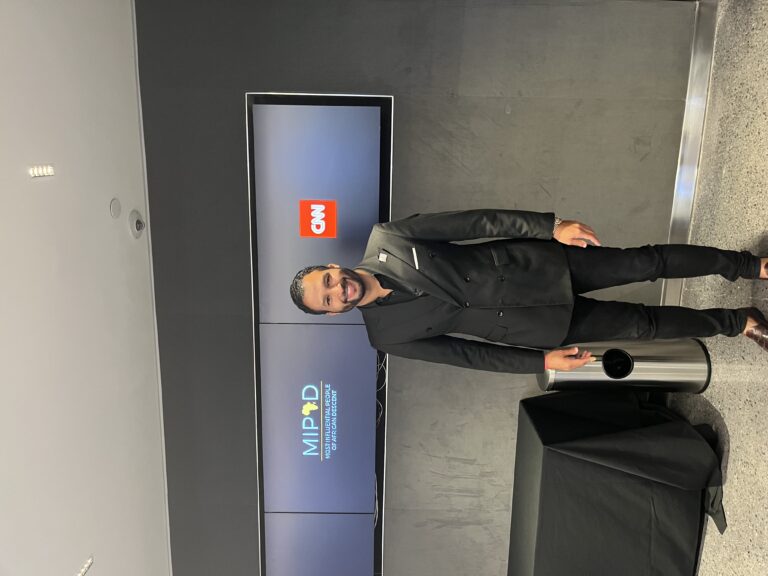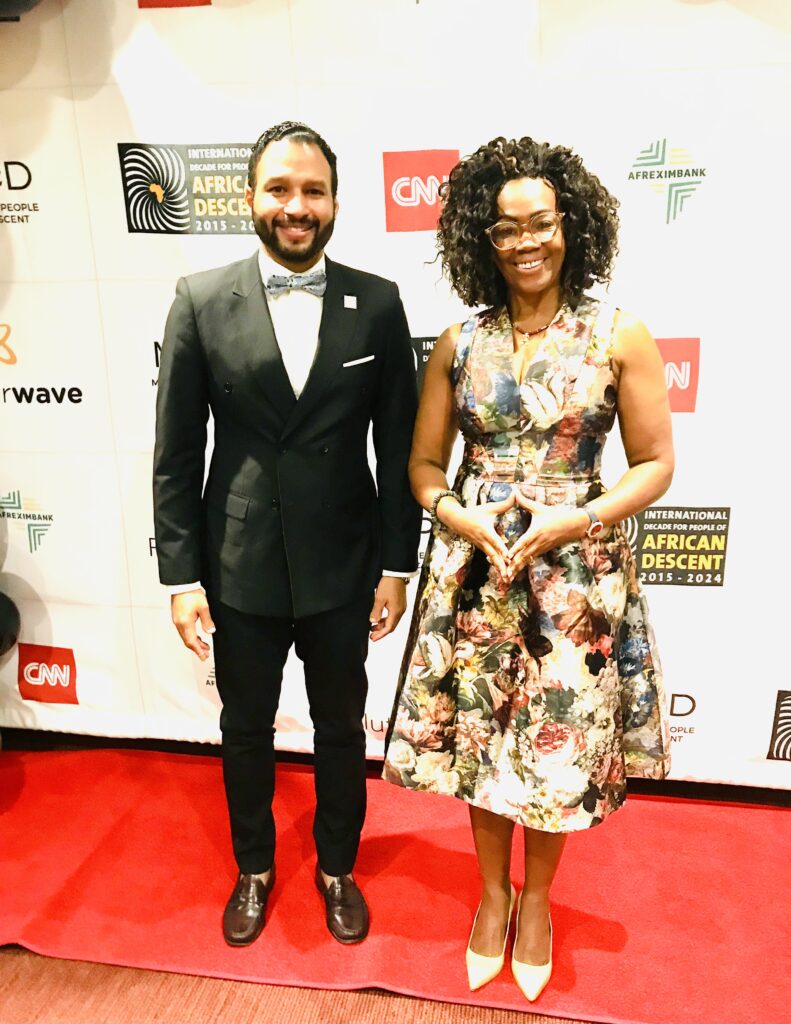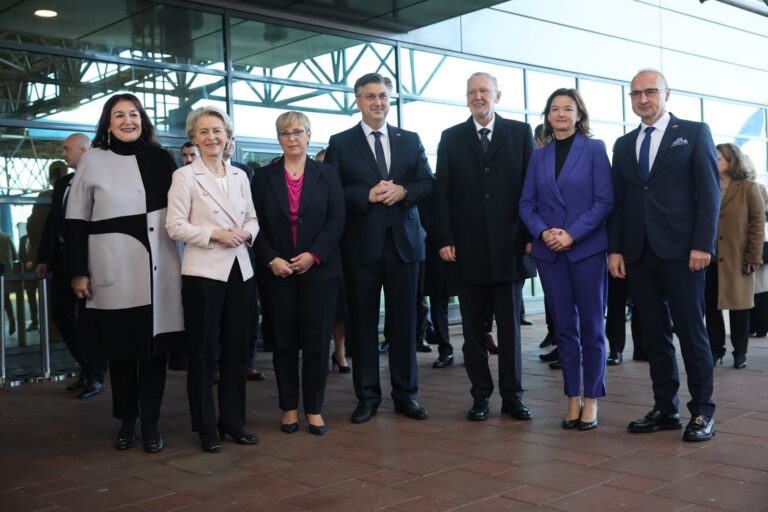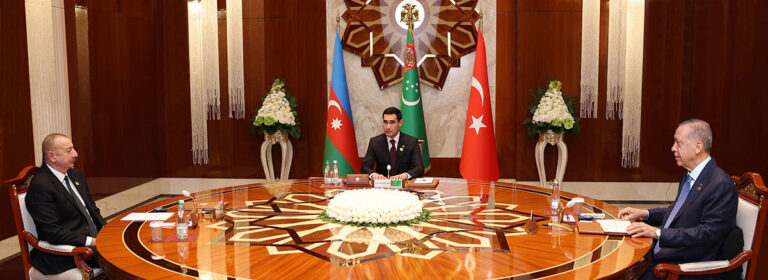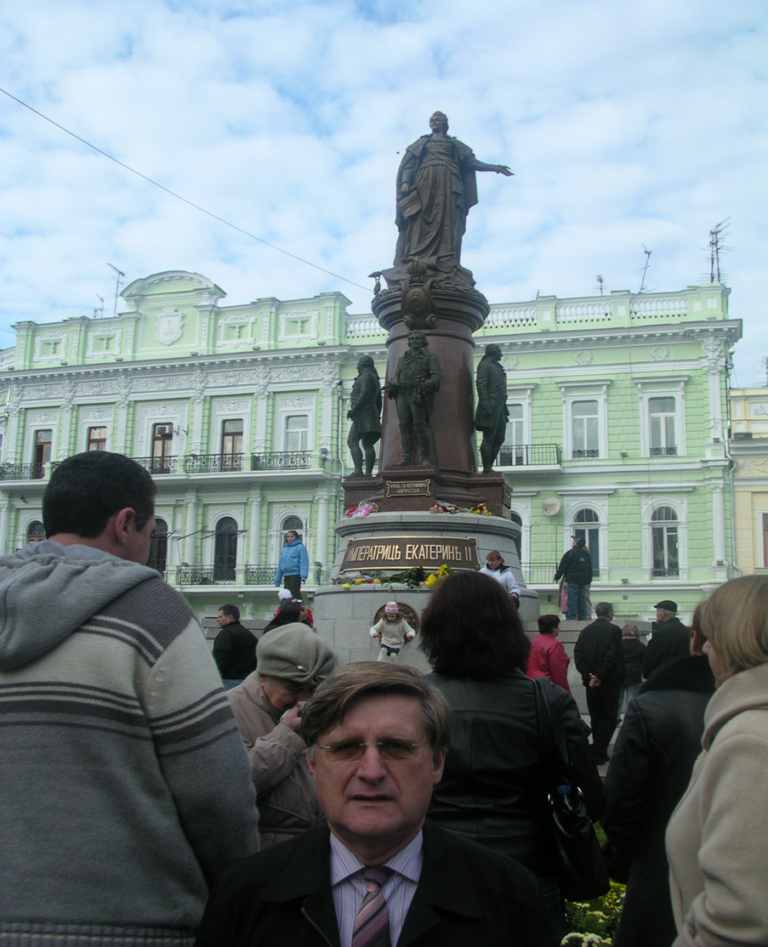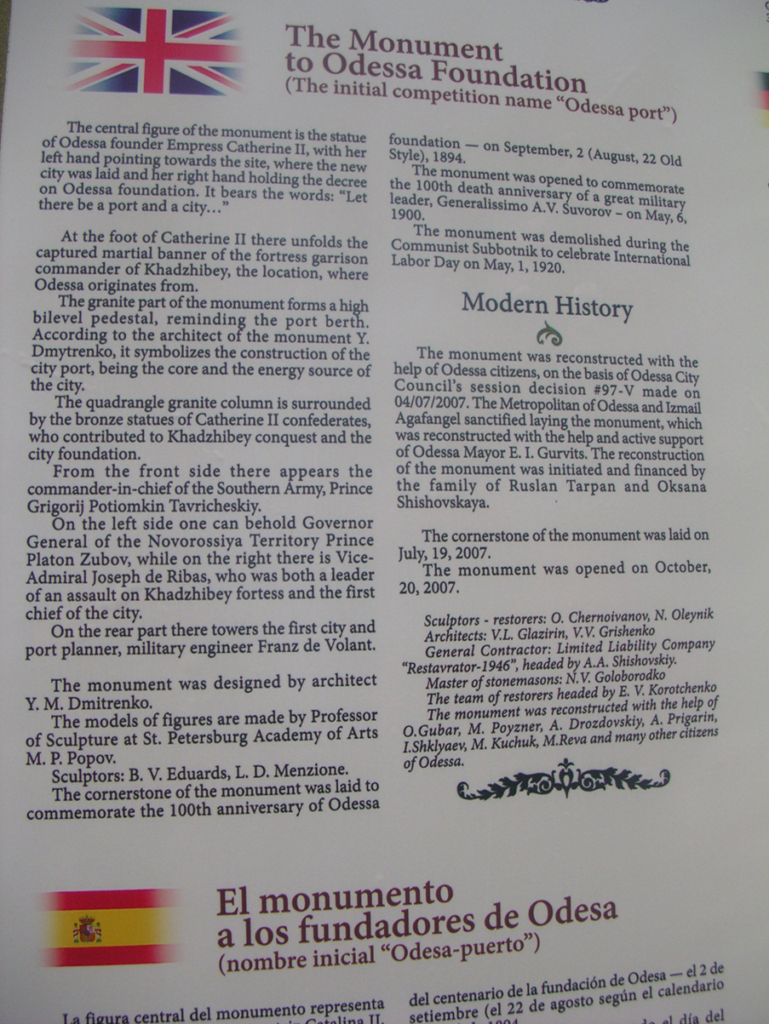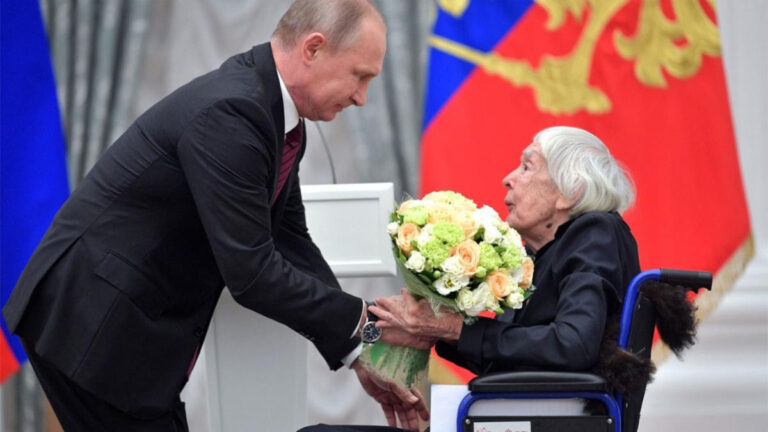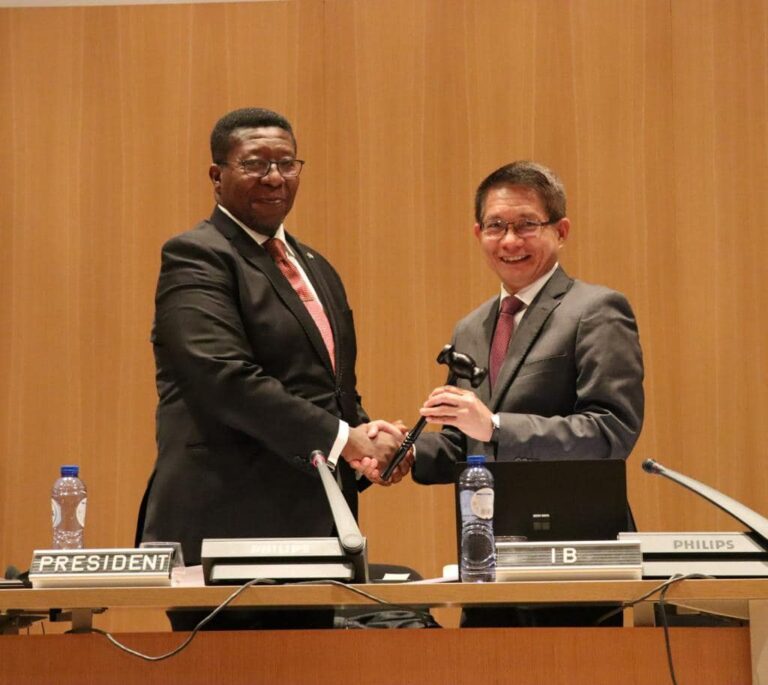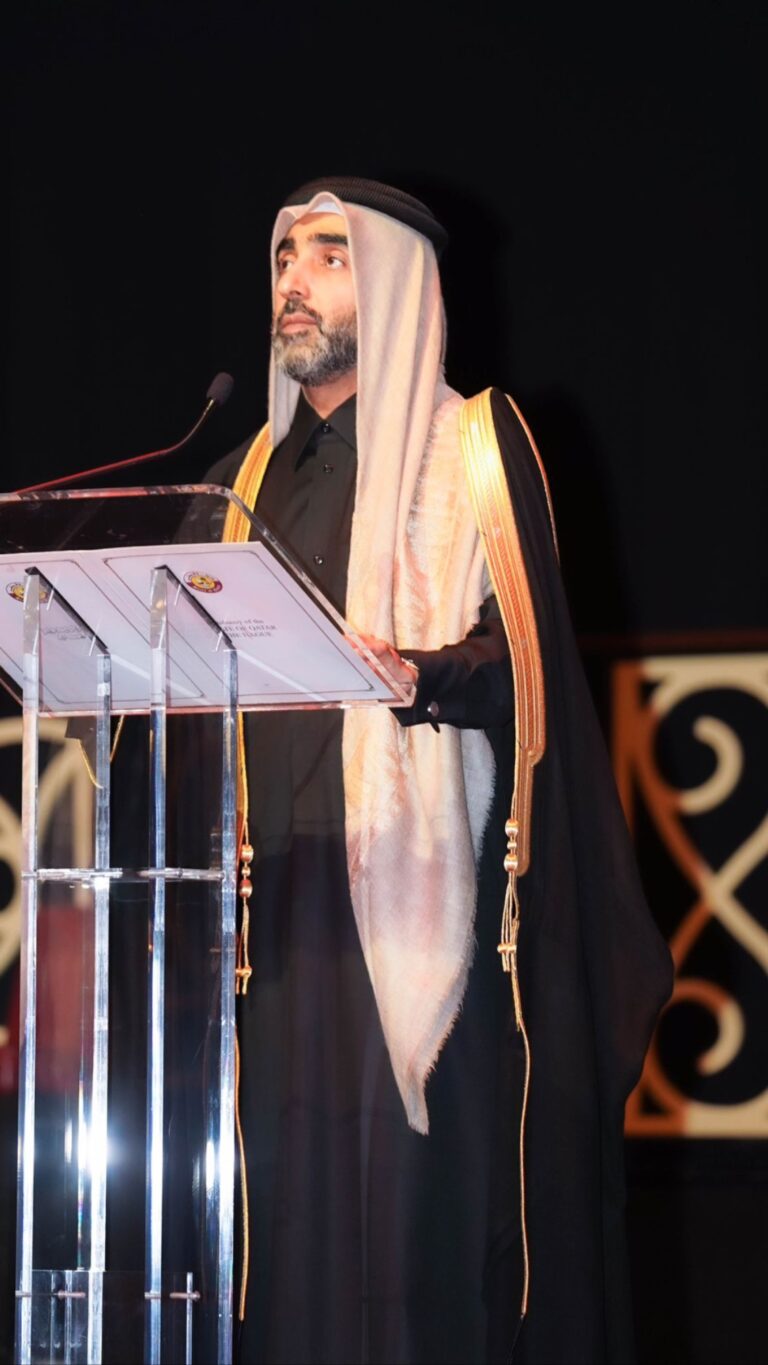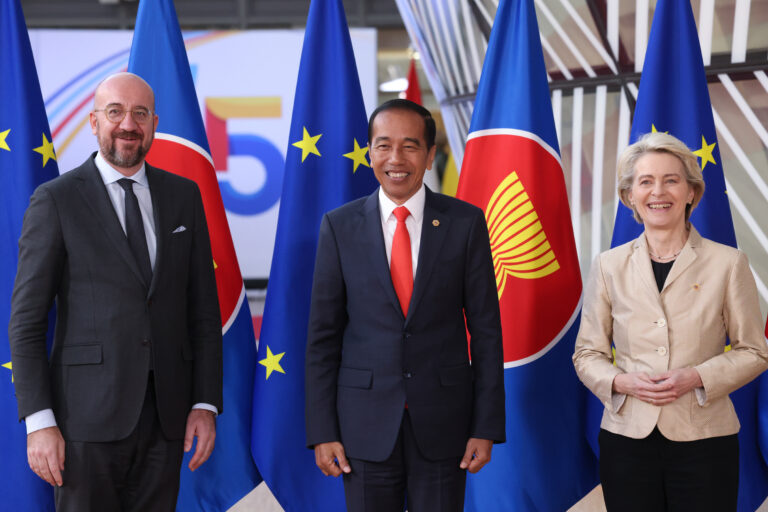By Roy Lie Atjam
‘Our Unity Is the Source of Our Strength’
Large crowds of Ambassadors, diplomats, friends and others came together at the Grand Hotel Amrâth Kurhaus The Hague on 7 December 2022 to felicitate and join H.E. Mr. Nasser Ibrahim Allenqawi, Ambassador of the State of Qatar, in celebrating his country’s National Day. Featuring the program, playing of the national anthems of Qatar and the Netherlands, screening a historical documentary, drawing of Qatar Airways tickets and Ambassador Nasser Ibrahim Allenqawi welcomes his guests. Another speaker at the event was Mr Marc Gerrtisen of the Ministry of Foreign Affairs. The Ambassador mentioned in his statement.
“Qatar National Day is a great occasion where the people of Qatar show cohesion, solidarity and unity in meanings of love for homeland. It is the Day of pride of the wise leadership of H.H the Amir Sheikh Tamim bin Hamad AI-Thani,حفظه الله the leader of the process of achievements, development and promising future.
The slogan of Qatar National Day 2022 “Our Unity Source of Our Strength,” quoted from a speech of HH the Amir which is affirming the approach of uniting people of Qatar to face challenges and achieve objectives.
The celebration of Qatar National Day is particularly important this year, as it coincidence with Qatar hosting the 2022 FIFA World Cup. Both events are an opportunity for us to show our culture to the world. During this period, visitors to Qatar will learn about the bright aspects of our history and culture, and test our belief in civilized interaction with other cultures, and our respect and pride in our Arab and Islamic values.
The tournament of 2022 FIFA World Cup in Qatar brought the people together and unified the feelings, and affirmed that the world can be united to face the major challenges that threaten all humanity. As a trusted international partner, State of Qatar believes in supporting the collective initiatives and the multilateral action.
The State of Qatar is eager to support all efforts aimed at promoting cultural and civilized openness among the world. The State of Qatar pays great attention to develop its relations with countries and regional and international organizations, and actively contributes in promoting international peace and security through mediation to settle disputes by peaceful means, and supports development and stability projects in different countries.
The mediations of the State of Qatar in Sudan, Lebanon, Afghanistan, Chad and others, have not just paved the ways for building peace, stability and development in these countries, but also at the regional and international levels. The State of Qatar strongly believes that the peaceful means are the best way to resolve conflicts and end wars.
I would like to also highlight the excellent bilateral relations between the State of Qatar and the Kingdom of the Netherlands, which obviously have been strengthened during the years through a constructive partnership and open dialogue based on mutual respect, building of the long established relationship that continues to grow on all fields and levels for the benefit of our two Friendly Peoples.
Before ending my speech, I would like to thank my dear wife and diplomatic colleagues for organizing this fabulous event today and I take this opportunity to wish you as well happy holidays and a new year filled with the blessings of happiness, success, and good health.“
The evening continued in the ballroom with a sitting dinner guest savoured the 3-course international-middle eastern style dinner, including the gorgeous “Holland-Qatar cake”. Ambassador Nasser Ibrahim Allenqawi cut the first slice. The evening was spent with a festiveatmosphere.
Happy National Day 2022 Qatar !
